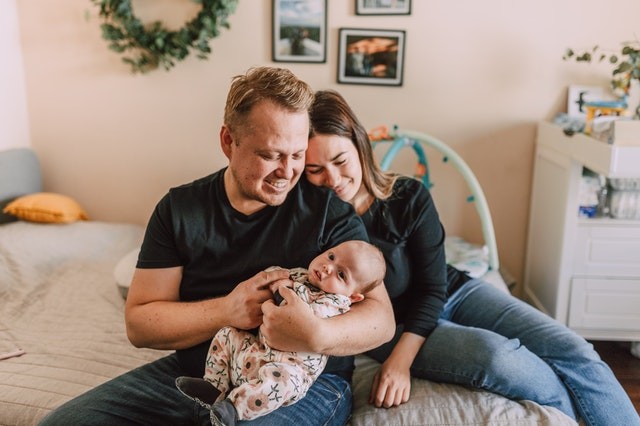Has COVID-19 Changed Our Parenthood Planning?

Our attitudes as a society towards family planning have changed a lot over the years. Unlike our parents, and grandparents, many millennials are choosing to have children much later in life. And many of them are adding fur babies into the mix showing photos of their pet to friends and loved ones instead of a newborn. The $69 billion pet industry is evidence to this boom towards having pets - which is three times larger than it was in 1996.
There are many reasons why the trend towards pet-parenthood - as well as changing attitudes towards having children, with 44 percent of millennials remaining unsure if they want to start their own family - has occurred. Here are a few of the biggest ones.
Personal Finances
A big part of the explosion in the popularity of pets is due to struggles with personal finances. The Great Recession happened during the graduation of many millennials who were about to enter the workforce, causing them financial anxiety and early debt from student loans. A dog or cat (or indeed, any pet for that matter) can have a big impact on your finances. But having children is much more costly, which is why many are in doubt as to whether they'll actually be able to afford to grow their family and provide the financial stability that it will require.
Personal finances have also fed into homeownership trends. Many millennials are choosing to rent over buying or purchasing apartments over houses which may be not be as suitable for children depending on the family size they wish to have.
The Draw of Freedom
Many individuals are drawn to the freedom that comes from being childless, while they can have the companionship of pets. Pets still are a big commitment and require food, watering, and care, but they can be left at home while owners are at social gatherings or go to work. A child requires constant supervision so need to be accounted for.
Pets are also more easily cared for by pet sitters or at boarding facilities so if their owner likes to travel, they may be a much better option.
COVID-19
COVID-19 has had a huge impact on so many aspects of our lives from the way we work, to the way we socialise, travel and of course our relationships too. It also had an interesting effect on the number of baby births, which has fallen over the past year and a half as people have changed their lifestyles.
While pregnancies have fallen with people putting off having children, pet ownership has risen. With more people working from home, it seemed like a perfect opportunity for many to adopt a pet, which is why pet ownership boomed over the course of the pandemic.
Gender Roles
It's interesting to know that millennials want more traditional gender roles than their parents of the previous generation. This can make it difficult for mothers who often are placed in a position where they need to balance motherhood with their careers. Many women are now choosing to have children later, exacerbated by the fact it's so difficult to have both kids and a career.
This may have some negative implications down the road with fewer working age people are there to support what will be a much larger ageing population.
Into the Future
It will be interesting to see if the pet boom continues post-pandemic. It may be that millennials decide it is the time to begin their families and start having children as things slowly begin to return to normal. Only time will tell though, if the impact of COVID-19 has transformed decisions around parenthood for the long-term.
© 2024 ParentHerald.com All rights reserved. Do not reproduce without permission.
* This is a contributed article and this content does not necessarily represent the views of parentherald.com
